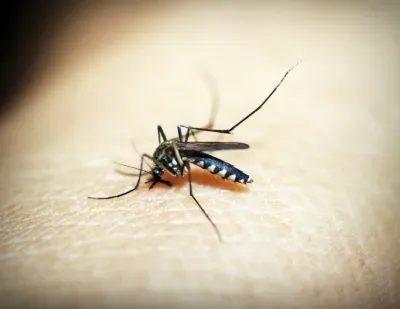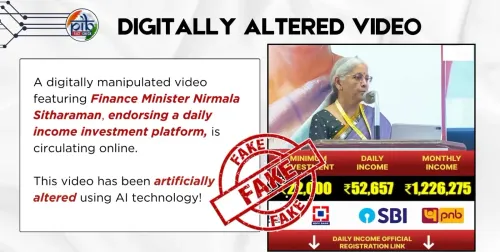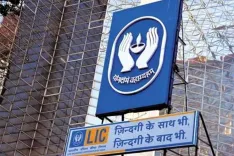Delhi Records Its First Case of Japanese Encephalitis in 13 Years: Essential Information on This Viral Brain Infection

New Delhi, Nov 28 (NationPress) The Municipal Health Department has announced the first instance of Japanese Encephalitis (JE) -- a viral brain infection that can result in serious health issues and even death -- in the national capital after a span of 13 years.
This disease has reportedly impacted a 72-year-old male from Bindapur, located in West Delhi. He was admitted to the All India Institute of Medical Sciences (AIIMS) on November 3 due to chest pain.
According to a directive issued by the Municipal Health Office on Thursday, "A case of Japanese Encephalitis has been reported from the Bindapur area under the West zone recently."
JE is recognized as a zoonotic viral illness caused by the JE virus. The Case Fatality Rate (CFR) for this condition is significant, and survivors may experience various degrees of neurological complications, as noted by the MCD. The last occurrence of the virus in Delhi was in 2011, affecting 14 individuals.
Dr. Harshal R Salve, an Additional Professor at the Centre for Community Medicine at AIIMS, New Delhi, informed IANS that, "The vector-borne JE is transmitted through the bite of the culex mosquito, which thrives in polluted water and artificial water collections."
"Symptoms typically include fever, myalgia, body pain, and headaches. In severe cases, it can lead to confusion, loss of consciousness, seizures, and the need for hospitalization," he added, emphasizing that children are particularly vulnerable.
Dr. Tushar Tayal, a Consultant in Internal Medicine at CK Birla Hospital, Gurugram, indicated that "the heightened risk among children is due to their lack of immunity."
Furthermore, individuals such as farmers and laborers working in proximity to rice paddies or pig farms are at an increased risk.
In 2024, a total of 1,548 JE cases were documented across 24 states and Union Territories, as per data from the Integrated Disease Surveillance Programme, with approximately 925 cases reported in Assam alone.
In response, the MCD has initiated containment measures.
They have instructed all district health officers and epidemiologists to enhance vector control strategies, including larval source reduction and community engagement initiatives for JE prevention and control.
Experts recommend that children receive two doses of the JE vaccine and emphasize the importance of preventing mosquito bites through the use of bed nets and repellents. They also advise maintaining clean surroundings to hinder mosquito breeding and consulting a doctor if experiencing unexplained fever accompanied by headaches.
According to central government regulations, two doses of the JE vaccine have been part of the Universal Immunisation Programme since 2013.









